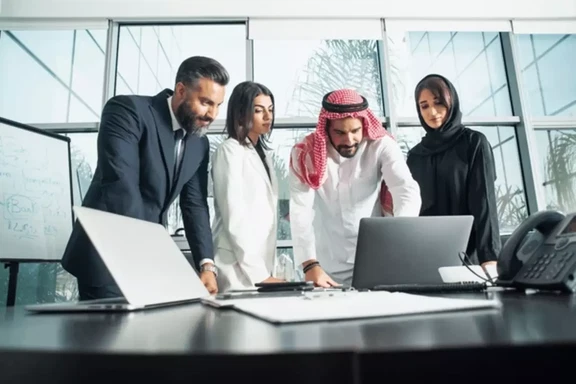
Navigating Most Common Languages Spoken in Dubai: A Traveler's Guide
Published :
Last Updated :

Published :
Last Updated :
Over three million individuals call Dubai home, representing roughly 200 different nationalities. This city is a monument to diversity and a multicultural society. In just a few decades, Dubai—known for its breathtaking skyline, opulent way of living, and vibrant economic scene—has transformed from a small fishing community into a major world city. Its large population, both locals and expats, is reflected in the complex tapestry of languages that make up the city's sense of self. The linguistic spectrum of Dubai, which includes Arabic, English, and many different languages, narrates an intriguing tale of interdependence and cross-cultural integration. But which languages are most widely spoken in the United Arab Emirates? Determine for yourself by reading on!
Arabic is the mother tongue, and one of the most common languages of Dubai and has been since the United Arab Emirates was established in 1971. However, the city is home to a wide variety. You'll find Standard Arabic, also known as the modernized form of the language, in magazines, textbooks, and other official, administrative, and legal documentation. The Arabic you'll come across on a daily basis is even more varied, though.
Gulf Arabic: The local Vernacular
The majority of the population speaks a variant of Arabic called Gulf Arabic, or Khaleeji, which is comparable to the Arabic spoken in neighboring countries like Saudi Arabia and Kuwait but has certain distinct pronunciations and vocabulary acquired from Persian. Spoken Arabic varies depending on the locality. This language, which is primarily spoken by Emiratis, is an excellent illustration of just how languages change as a result of cultural factors.
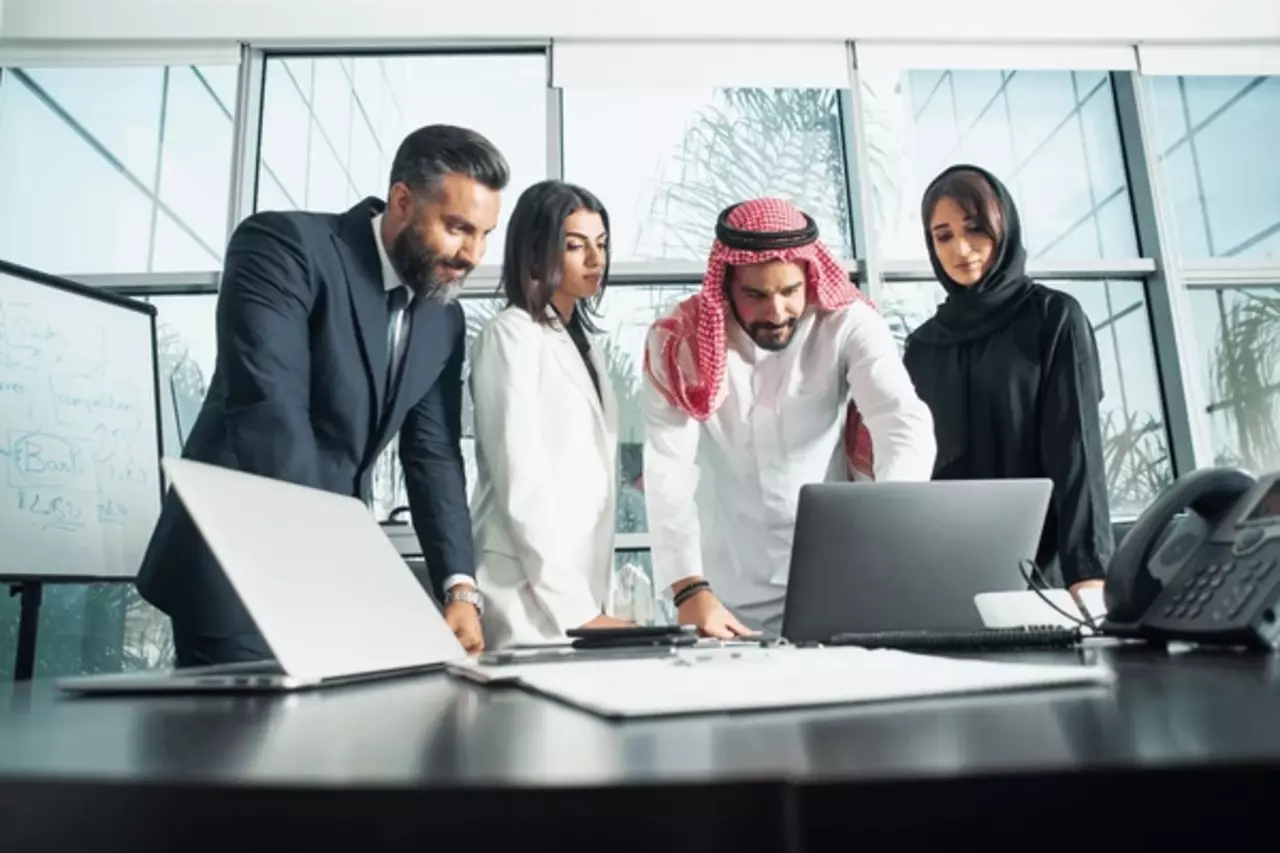
Egyptian Arabic, or Masri, is the next most widely spoken language and is renowned for its melodic tone. Nonetheless, the city has its own unique character due to the impact of Arabic-speaking people from the Maghreb, Sudan, and other Middle Eastern nations.
Regardless of Dubai's international atmosphere and the city's significant expat population, Arabic is still an important part of Emirati culture and heritage. In order to protect its historical legacy, the government encourages the usage of Arabic.
The traditional Arabic spoken in official situations is very distinct from the local language, Emirati Arabic. It demonstrates how Dubai's cosmopolitan atmosphere affects the local vocabulary by including terms from Persian, Urdu, and English.
* For instance, the terms "Hala," which is taken from the English "Hello,"
* Abzar," which originates from the Persian word for spice, are frequently used in casual conversation.
Gaining a grasp of Arabic in Dubai facilitates a closer relationship with Emirati customs and way of life. Even if you are capable of getting by with English, studying Arabic will make your stay more enjoyable and will enable you to establish stronger ties with the locals.
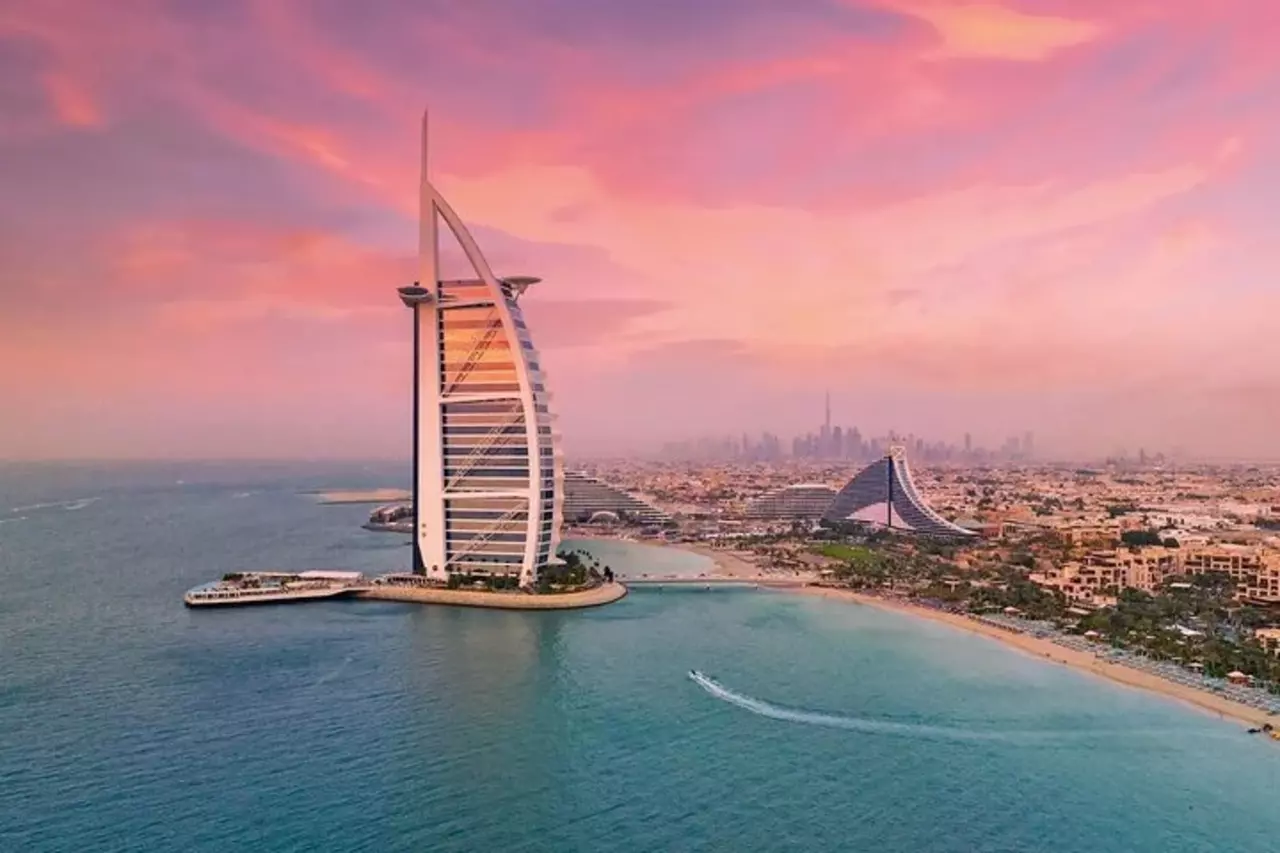
Furthermore, a vast range of nationalities and ethnic backgrounds may be found living in Dubai. Because these languages are commonly used by individuals from South Asia, the Philippines, and various other regions around the globe, you could also encounter people speaking Hindi, Urdu, Tagalog, Bengali, Malayalam, and additional languages.
With more than 150 distinct nationalities living there, English is the common language spoken in Dubai and is necessary for communication. English is a must for anybody traveling to or relocating to Dubai since it is an extremely widely spoken language, making it simple for all of the city's residents to engage with one another. Arabic and English versions of signs, menus, and government papers are frequently found. In areas like neighborhoods, educational institutions, and workplaces, English is widely spoken.
The city's quick development into a major international center for commerce, travel, and technology has strengthened English's standing even more. English is extensively used in both business meetings and interactions with tourists; nevertheless, because local vendors translate directly from their original tongues, you may run across some linguistic hurdles.
English is recognized as a secondary language by all Dubai-based establishments, such as universities, schools, and medical facilities, therefore being essential for utilizing a variety of services. English is widely used in visitor guides, resort names, and general advertising, demonstrating its widespread impact.

Understanding the demographics of the UAE is crucial to appreciating its variety of languages.
There are approximately 11.06 million expats residing in the UAE. Being a popular travel destination, Residents and citizens speak multiple languages, English and Arabic being the most common languages spoken in Dubai. While many expats and immigrants speak Arabic, Hindi, English, Urdu, and Filipino. Gujarati, Malayalam, Bengali, and Chinese are just a few of the numerous Asian languages spoken in Dubai by the various Asian labourers that live there.
With about 37.96% of Dubai’s population being Indian and 16.72% being Pakistani, there is a large South Asian community in Dubai; these languages are also widely spoken throughout. The overall population of Dubai is predominantly made up of South Asians, including Indians, Pakistanis, and Bangladeshis. As a result, many people speak Hindi and Urdu. Urdu is standard amongst Pakistanis, but Hindi is more frequent among Indian expats.
In addition to residences and social events, these languages are also used in markets and in areas of employment by South Asian workers. Hindi and Urdu have a significant cultural impact in Dubai, as seen by the high popularity of Pakistani dramas and Bollywood movies. The Indian subcontinent provides a large portion of the sellers in Dubai's antique souks. You may be fortunate enough to score some amazing deals if you are shopping alongside somebody who speaks one of these languages.
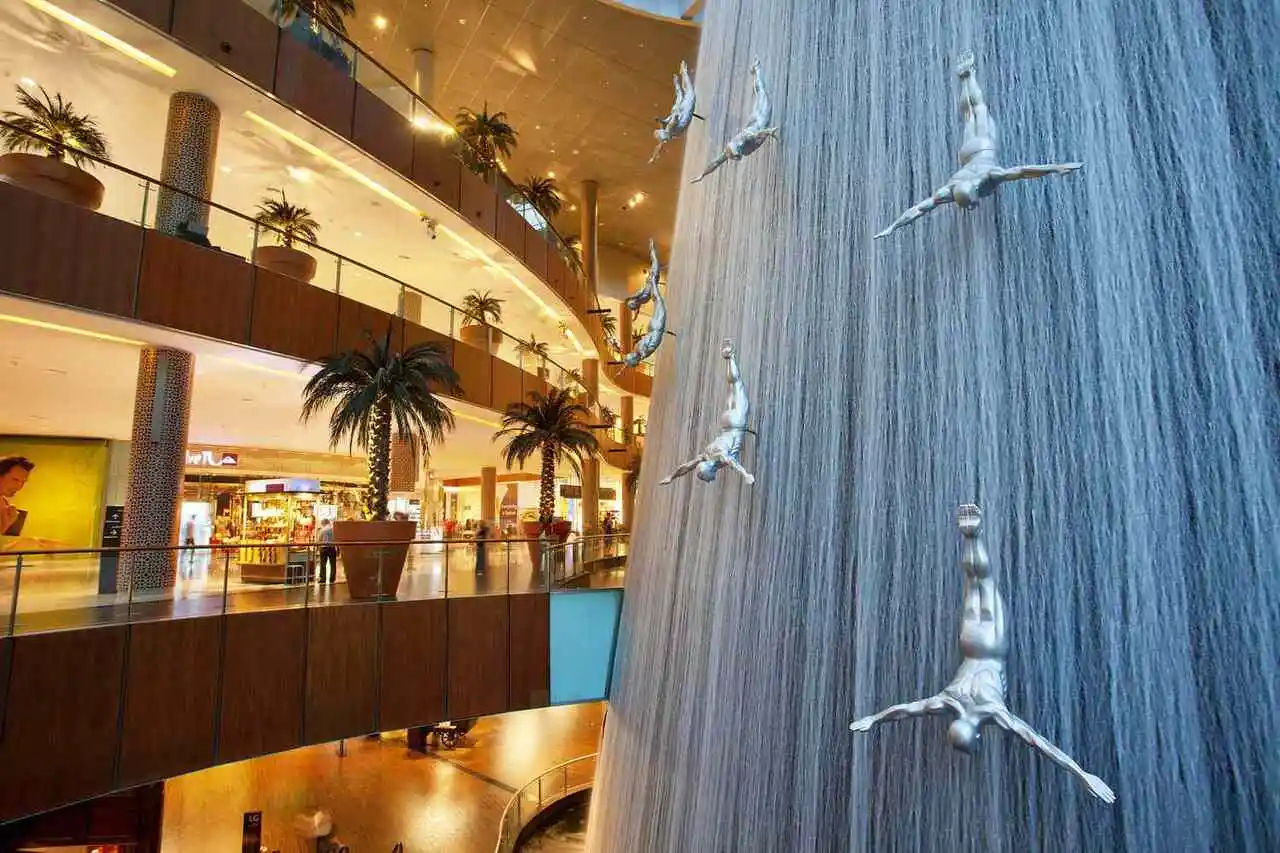
One of the biggest groups of foreigners living in Dubai, with a percentage of 21.3%, are Filipinos, and many of them speak Tagalog as their first language. Making it another one of the common languages in Dubai. In addition to helping the Filipino people communicate, Tagalog is essential for maintaining their distinctive culture through language, food, and social customs. Dubai's cosmopolitan tapestry is enhanced by the lively influence of Filipino culture, which also adds to the city's diverse social landscape.
Iranian expatriates living in Dubai make up 5-8% of the population, and most of them speak Persian or Farsi. Persian facilitates communication among Iranian expats and neighborhood companies, boosting trade, tourism, and medical care in Dubai.
The South Indian expat population in Dubai speaks a variety of languages, including Malayalam and Tamil. This reflects the broad spectrum of the Indian diaspora and the languages spoken by expats in Dubai. Speaking these languages at home, at work, and at social events helps South Indian expats feel connected to their culture and one another.
With about 2.16% being Chinese and a magnitude of the population consisting of Russians, Mandarin Chinese, and Russian has become more prevalent in Dubai's cultural environment as a result of the inflow of Chinese and Russian visitors and business travelers over the past few years. Chinese nationals are becoming more and more widespread in Dubai, which is why Mandarin-specific is becoming more and more popular in industries like sales, Dubai real estate, and tourism.
In addition to these, Dubai's multicultural population means that you additionally hear a wide variety of various languages, including French, German, Italian, and Spanish. It really is a linguistic and cultural melting pot.
Fewer people speak several languages, including Malayalam, Tamil, Gujarati, Sindhi, Punjabi, Pashto, Balochi, Tulu, Kannada, and Sinhala, which reflects the city's diverse population.
Dubai embraces foreigners by providing them with several possibilities and assistance. Workers from South Asian nations such as Bangladesh, Pakistan, India, and many more have molded the city's environment. Regardless of its difficulty, there are many programs available to assist foreigners in learning Arabic.
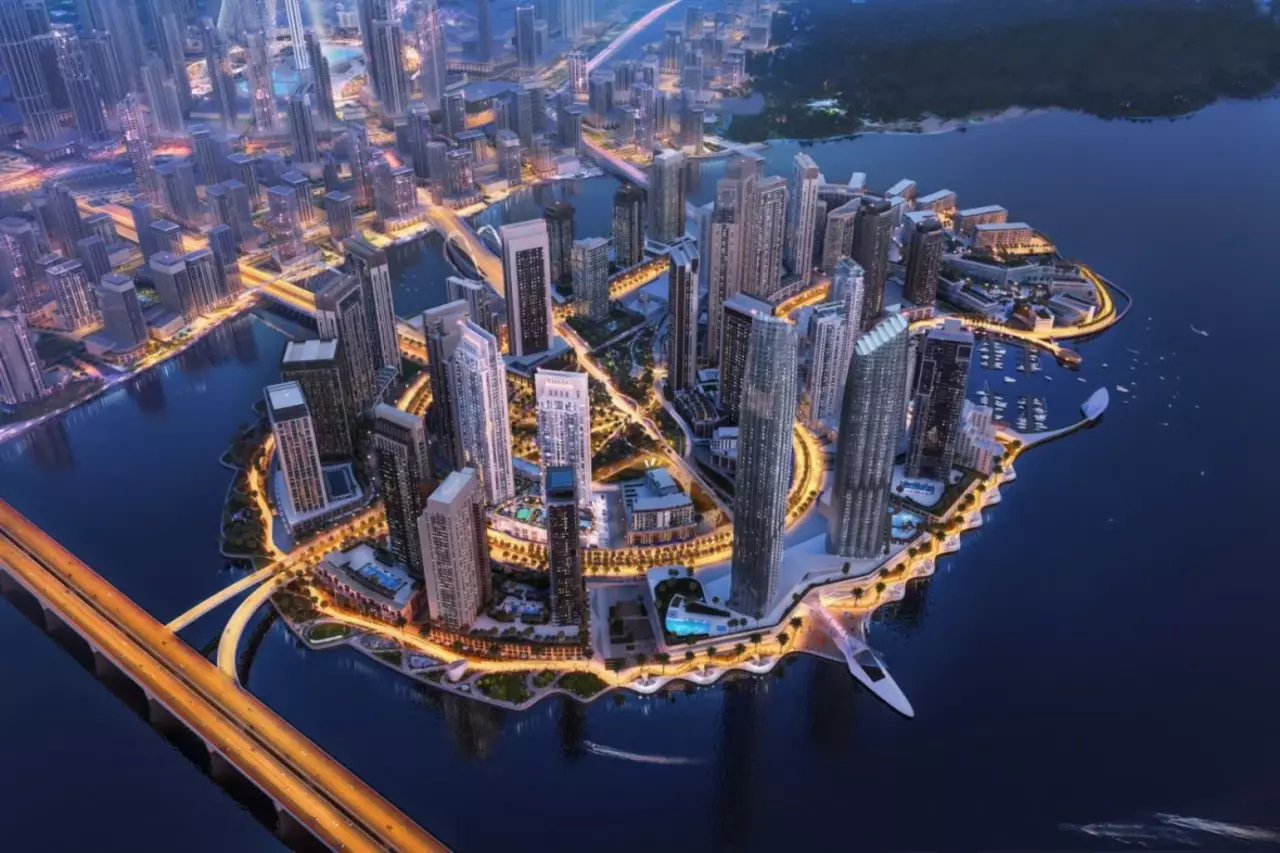
Online Resources for Linguistic Access
Many technology solutions are offered to assist tourists and citizens alike in navigating Dubai's multilingual setting. Speak & Translate and Google Translate are two examples of apps that make it easy to bridge language barriers by providing real-time language translation amid discussions.
Connecting Through Language
Dubai collaborates with several different languages. When visiting Dubai, Asian visitors are more likely to converse in their native tongue. However, guests from Europe and America continue to have access to English. However, attempting to communicate in their language is a kind act that will melt many hearts. Although there are many places where you can learn a few of the common languages spoken in Dubai, like Emirati Arabic, you can start by familiarizing yourself with this list of Arabic words and phrases and their definitions.
Dubai's multilingualism highlights the city's status as a worldwide hub that values diversity, variety, and cross-cultural interaction. Dubai's linguistic dynamics will change in time with the city's continued globalization and attraction of people, mirroring the shifting perspectives and goals of its diverse populace. Due to the coexistence of Arabic, English, and many other languages, Dubai is positioned as a thriving center where cultural exchanges, linguistic convergence, and international links all thrive.
The variety of languages in Dubai is, in short, not only an element but a distinctive quality that embodies the city's transformation from a local business hub to a globally recognized international metropolis.

Your gateway to offline planning in the digital realm. Discover a world of real estate opportunities through our immersive offline property website experience
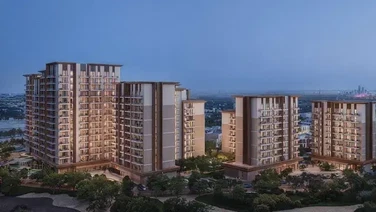
Apartments
AED 1,594,000
Expo City Dubai
1, 2 & 3
889 - 2403 Sq Ft
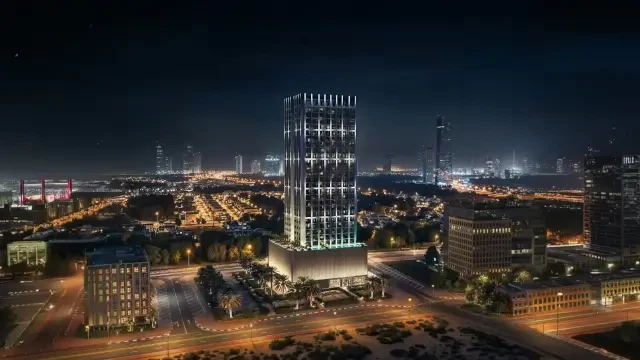
Apartments
Studios
AED 764,999
Jumeirah Village Circle
Studio, 1 & 2
341 - 1827 Sq Ft
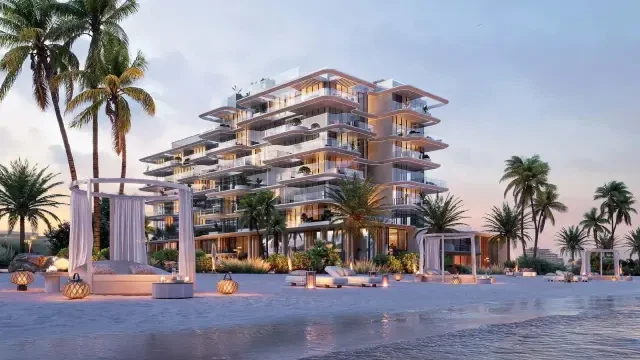
Apartments
Penthouses
Townhouses
AED 2,500,000
Dubai Islands
1, 2 & 3
898 - 3312 Sq Ft
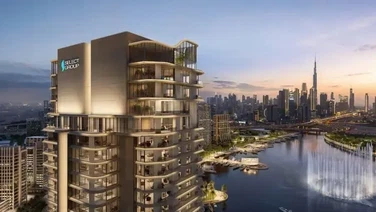
Apartments
Penthouses
Duplexes
AED Coming soon
Dubai Design District
1, 2, 3 & 4
738 - 7767 Sq Ft
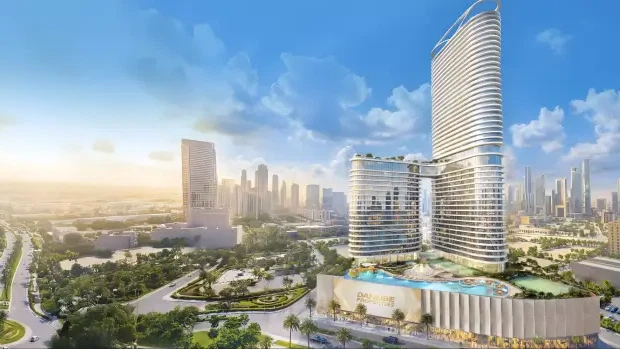
Apartments
AED 840,000
Jumeirah Village Circle
Studio, 1, 2 & 3
381 - 1326 Sq Ft
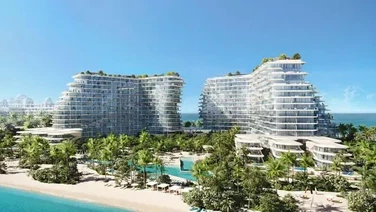
Apartments
Penthouses
Mansions
AED Coming soon
Palm Jumeirah
2, 3, 4, 5 & 6
1541 - 12382 Sq Ft

Apartments
AED 1,594,000
Expo City Dubai
1, 2 & 3
889 - 2403 Sq Ft

Apartments
Studios
AED 764,999
Jumeirah Village Circle
Studio, 1 & 2
341 - 1827 Sq Ft

Apartments
Penthouses
Townhouses
AED 2,500,000
Dubai Islands
1, 2 & 3
898 - 3312 Sq Ft

Apartments
Penthouses
Duplexes
AED Coming soon
Dubai Design District
1, 2, 3 & 4
738 - 7767 Sq Ft

Apartments
AED 840,000
Jumeirah Village Circle
Studio, 1, 2 & 3
381 - 1326 Sq Ft

Apartments
Penthouses
Mansions
AED Coming soon
Palm Jumeirah
2, 3, 4, 5 & 6
1541 - 12382 Sq Ft

Commercial
AED Coming soon
Damac Lagoons
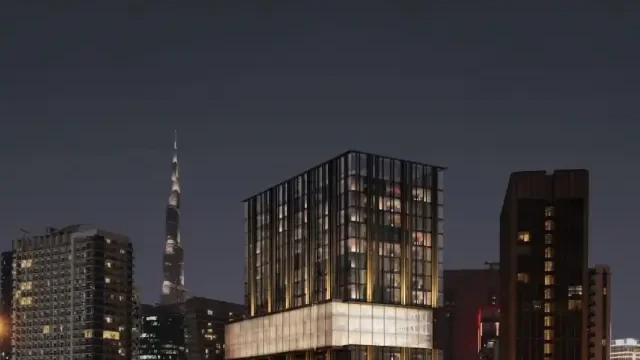
Commercial
AED Coming soon
Business Bay
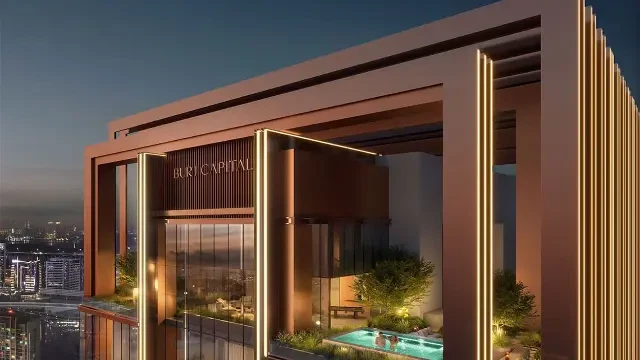
Commercial
AED Coming soon
Business Bay

Apartments
Commercial
Penthouses
AED 2,000,000
Meydan
1, 2 & 3
640 - 4244
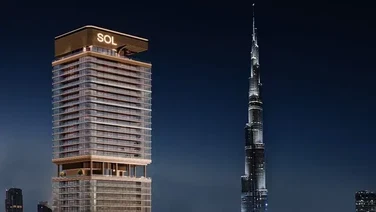
Apartments
Commercial
AED 1,900,000
Sheikh Zayed Road
1, 2 & 3
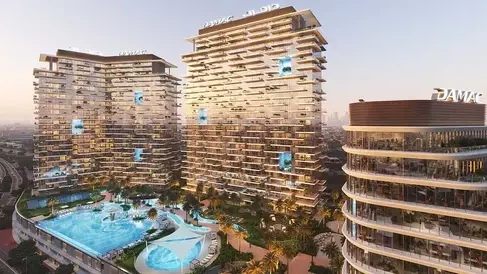
Apartments
Commercial
AED 1,142,000
Damac hills
1 & 2
740 - 6588 Sq Ft

Apartments
Penthouses
Duplexes
AED Coming soon
Dubai Design District
1, 2, 3 & 4
738 - 7767 Sq Ft
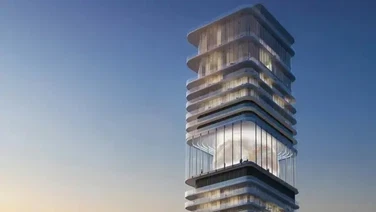
Apartments
Penthouses
Duplexes
AED 3,600,000
Downtown Dubai
1, 2, 3, 4, 5 & 6
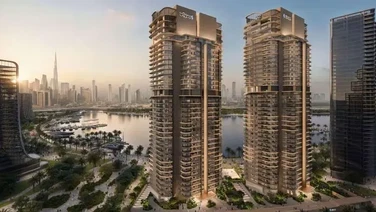
Apartments
Penthouses
Duplexes
AED 2,300,000
Dubai Design District
1, 2, 3 & 4
741 - 1988 Sq Ft
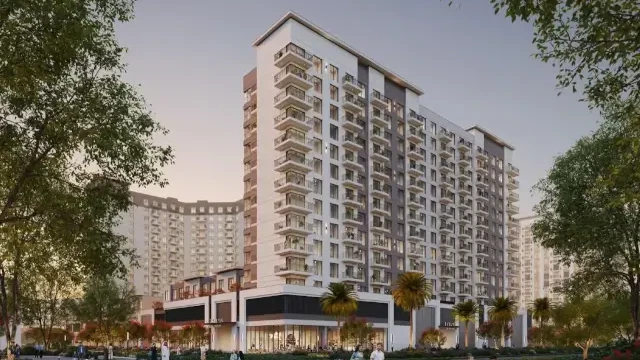
Apartments
Duplexes
AED 1,069,888
Town Square Dubai
1, 2 & 3
609 - 1808 Sq Ft
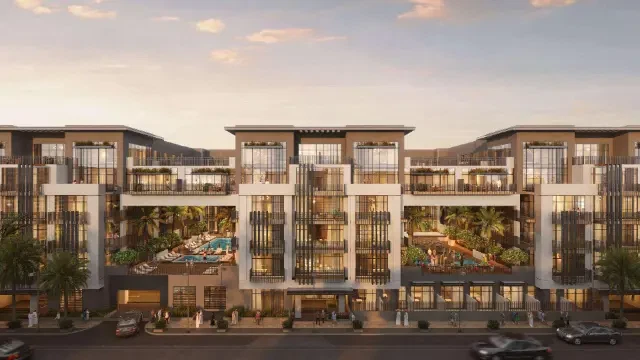
Apartments
Duplexes
Studios
AED 800,000
Jumeirah Village Circle
Studio, 1, 2 & 3
496 - 2,888 Sq Ft

Apartments
Duplexes
AED Coming soon
Dubai Islands
1, 2, 3 & 4
767 - 4,784 Sq Ft

Apartments
Penthouses
Mansions
AED Coming soon
Palm Jumeirah
2, 3, 4, 5 & 6
1541 - 12382 Sq Ft
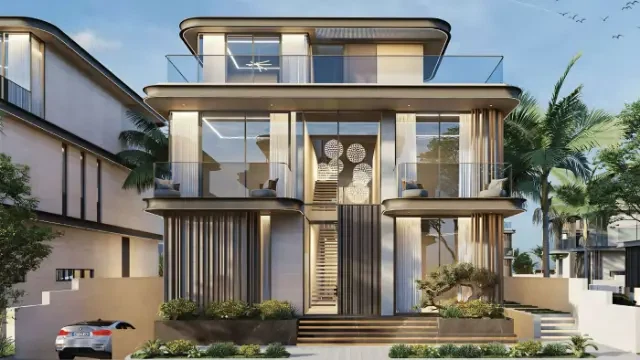
Villas
Mansions
AED 20,000,000
Mohammed bin Rashid City
5 & 6
13,007 - 13,568 Sq Ft
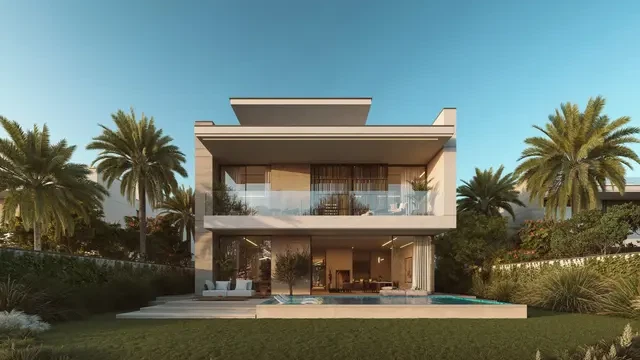
Villas
Mansions
AED 11,800,000
Jumeirah Golf Estates
4, 5 & 6
6069 - 10762 Sq Ft
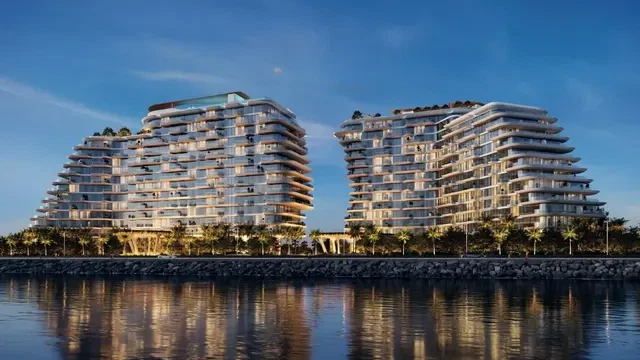
Apartments
Penthouses
Mansions
AED 5,500,000
Palm Jumeirah
1, 2, 3, 4, 5 & 6
940 - 11830 Sq Ft
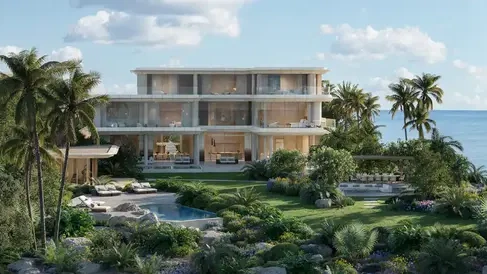
Mansions
AED 65,000,000
Jumeirah
7
41550 - 49062 Sq Ft
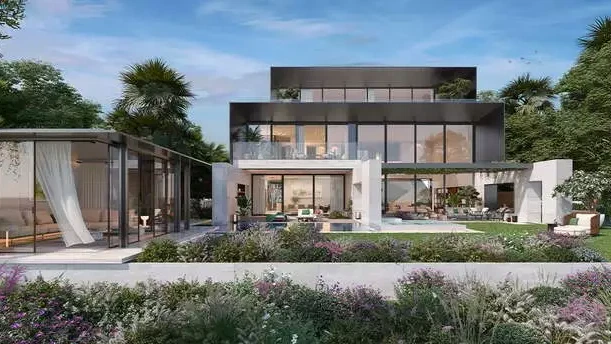
Mansions
AED Coming soon
Tilal Al Ghaf
6 & 7

Apartments
Penthouses
Townhouses
AED 2,500,000
Dubai Islands
1, 2 & 3
898 - 3312 Sq Ft

Apartments
Penthouses
Duplexes
AED Coming soon
Dubai Design District
1, 2, 3 & 4
738 - 7767 Sq Ft

Apartments
Penthouses
Mansions
AED Coming soon
Palm Jumeirah
2, 3, 4, 5 & 6
1541 - 12382 Sq Ft

Apartments
Penthouses
Duplexes
AED 3,600,000
Downtown Dubai
1, 2, 3, 4, 5 & 6

Apartments
Penthouses
Duplexes
AED 2,300,000
Dubai Design District
1, 2, 3 & 4
741 - 1988 Sq Ft
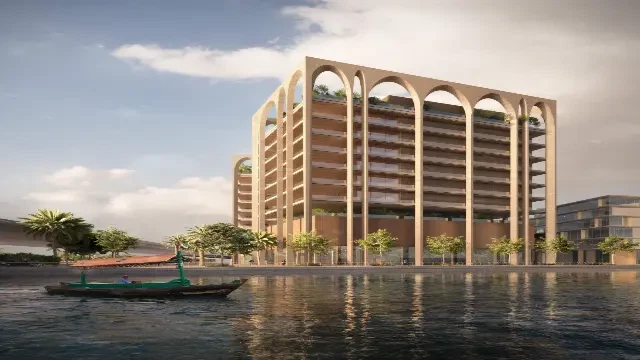
Apartments
Penthouses
AED 138,000,000
Jumeirah 2
2, 3 & 4
4,756 - 9,867 Sq Ft

Apartments
Studios
AED 764,999
Jumeirah Village Circle
Studio, 1 & 2
341 - 1827 Sq Ft
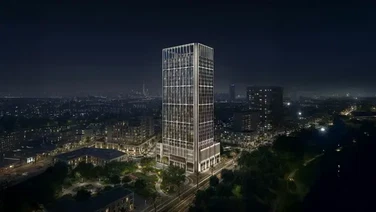
Apartments
Studios
AED 766,999
Jumeirah Village Triangle
Studio, 1 & 2
336 - 1859 Sq Ft

Apartments
Studios
AED Coming soon
Damac Lagoons
Studio, 1 & 2
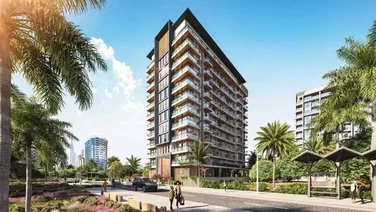
Apartments
Studios
AED 580,000
Dubai Land Residence Complex
Studio, 1 & 2
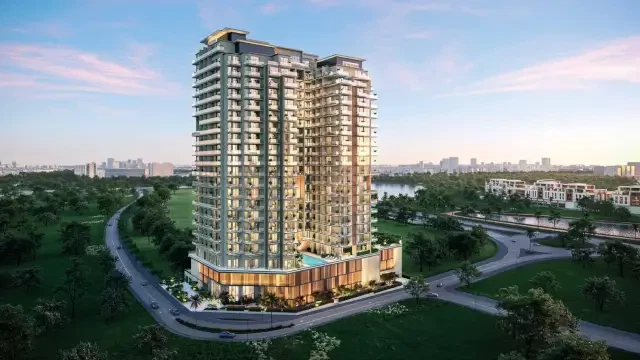
Apartments
Studios
AED 650,000
Dubai Production City
Studio, 1, 2 & 3
404 - 2092 Sq Ft
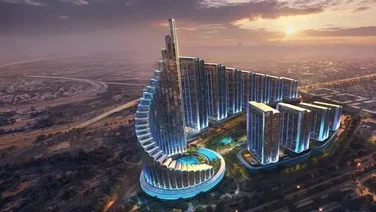
Apartments
Studios
AED 1,600,000
Meydan
Studio, 1, 2 & 3
370 - 1568 Sq Ft

Apartments
Penthouses
Townhouses
AED 2,500,000
Dubai Islands
1, 2 & 3
898 - 3312 Sq Ft

Villas
Townhouses
AED Coming soon
Dubailand
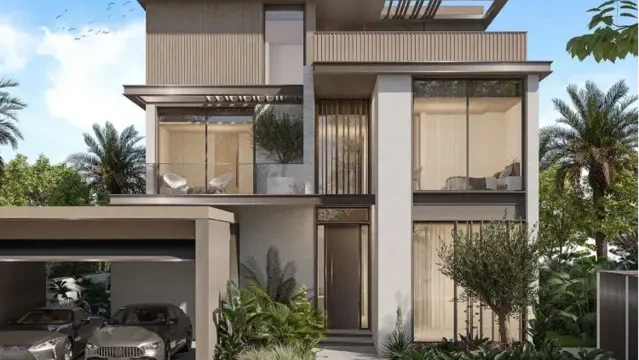
Villas
Townhouses
AED 6,150,000
Nad Al Sheba
3, 4 & 5
3252 - 5650 Sq Ft
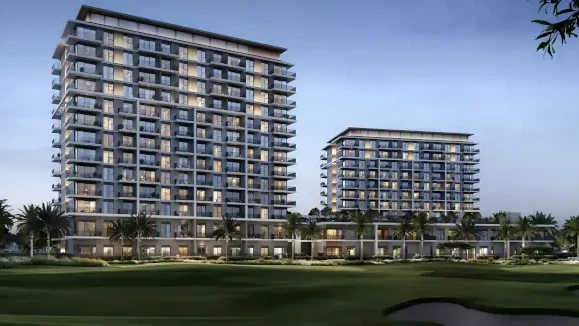
Apartments
Townhouses
AED 1,270,000
Emaar South
1, 2 & 3
788 - 2728 Sq Ft
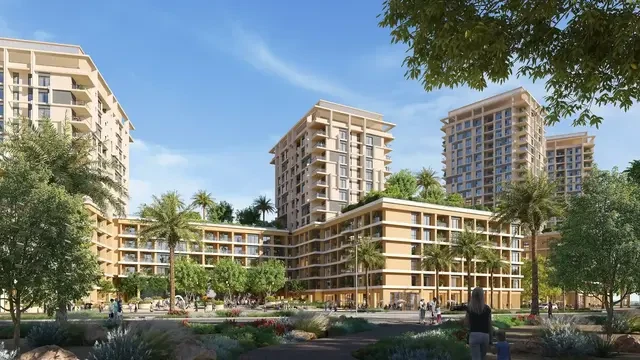
Apartments
Studios
Penthouses
Townhouses
Duplexes
AED 900,000
Wasl Gate
Studio, 1, 2, 3 & 4
523 - 1982 Sq Ft

Villas
Townhouses
AED Coming soon
Dubai Investments Park
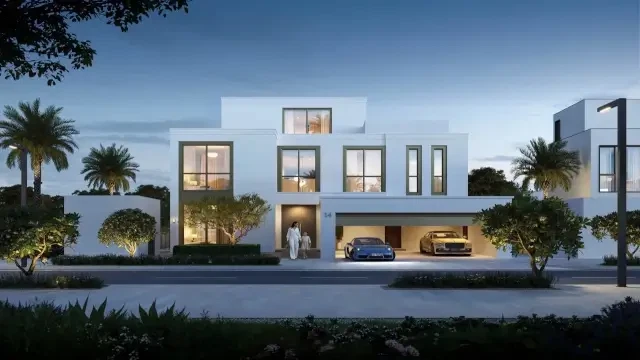
Villas
AED 16,550,000
The Oasis
4, 5 & 6
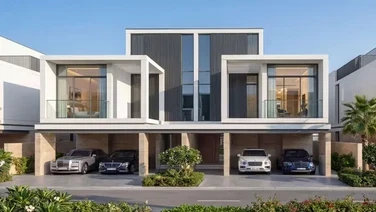
Villas
AED Coming soon
Sobha Sanctuary
4 & 5
2520 - 4154 Sq Ft
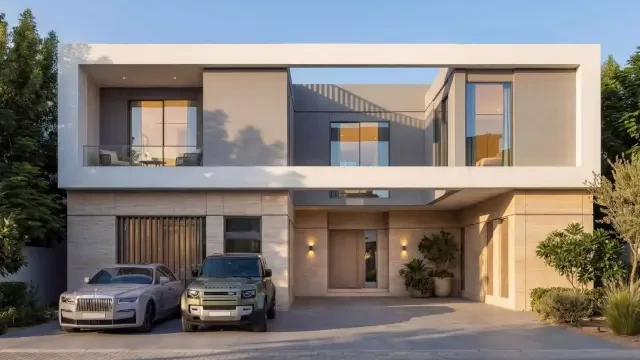
Villas
AED Coming soon
Sobha Sanctuary
4, 5 & 6
4905 - 7191 Sq Ft
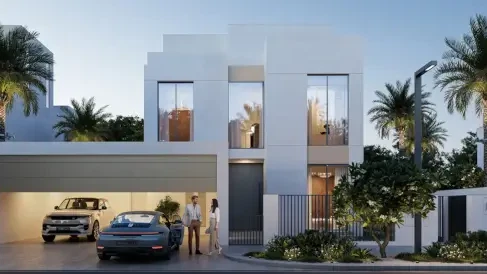
Villas
AED Coming soon
The Heights Country Club & Wellness
3, 4 & 5

Villas
AED Coming soon
Nad Al Sheba
3, 4, 5 & 6

Villas
Townhouses
AED Coming soon
Dubailand
Subscribe to our Daily, Weekly and Monthly Newsletters, Expert Advice and Latest Launch with Zero Spam, Unsubscribe Anytime.